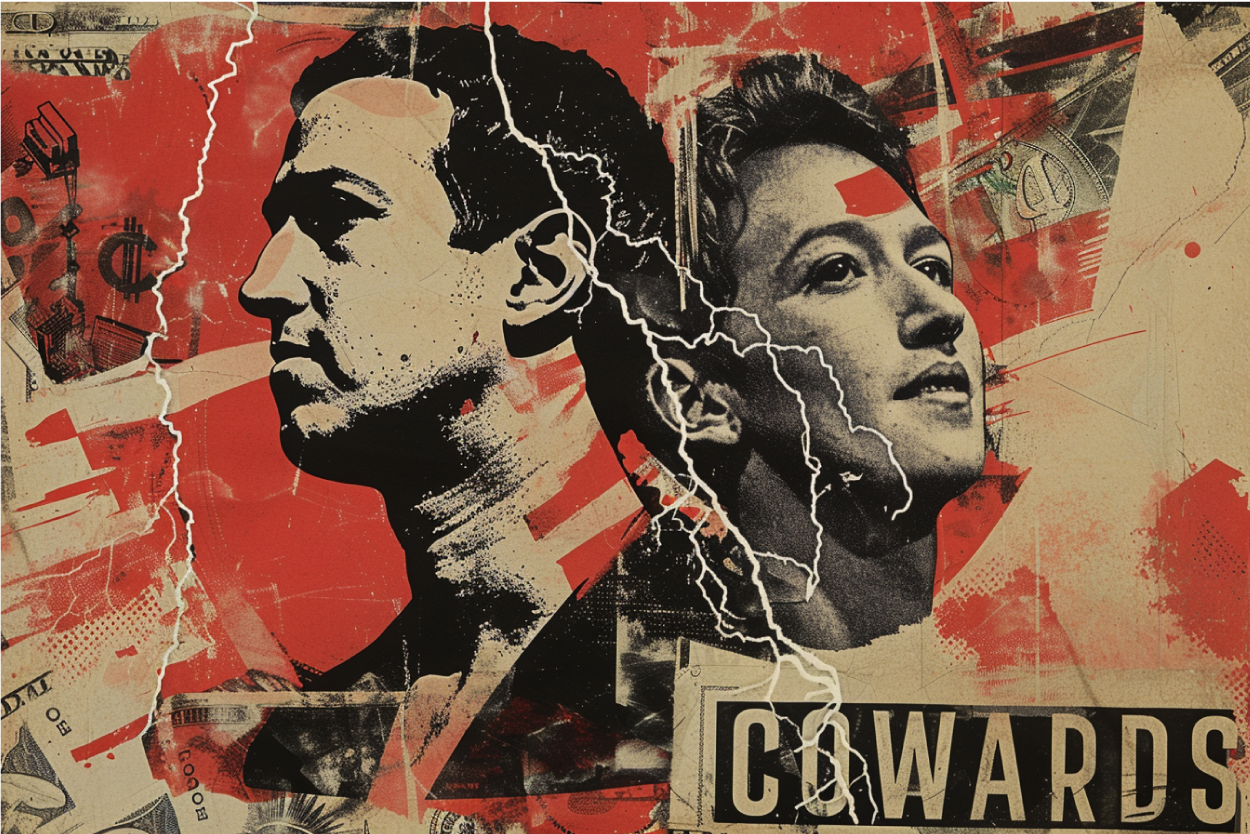4 min read
THINKING STRAIGHT ABOUT AI
Every few decades, markets find a story too powerful to ignore. Railways, the internet, crypto…and now AI. The overarching question investors keep...

Last week, a longstanding foundation’s Investment Committee met to weigh a stark choice: Should they continue as a perpetual foundation, or spend down their assets over the next ten to twelve years in the face of deepening threats to justice and equity?
This foundation has spent the last 70 years supporting communities working to achieve lasting, positive change for children and families living in poverty. Their grantmaking has been smart, aggressive, and deeply rooted in racial equity. But now they’re considering shutting it down. Unfortunately this is not because the mission is complete, but because the conditions for progress are rapidly deteriorating.
The reason? Our current political and economic climate makes their work harder, prohibitively so. As the organization put it, the obstacles to equity are no longer just systemic. They’re being actively reinforced. And in a disturbing twist, private institutions are being nudged to follow the same path.
Take the Chan‑Zuckerberg Initiative (CZI). Once held up as a new model for tech‑enabled philanthropy, it has quietly gutted its own diversity commitments. According to The Guardian, CZI rolled back its “diverse slate” hiring policy, a basic practice requiring that qualified candidates from underrepresented backgrounds be interviewed for roles. At the same time, a bold equity‑centered quote from Priscilla Chan – “Luck is not a national strategy. We need to build strategies that take luck out of the equation for every person” – has vanished from their website.
So what happened? Did Mark Zuckerberg and Priscilla Chan stop believing in equity? Or did they never believe in it in the first place, shamed into token action by their more progressive peers? Either way, the answer is the same: they’ve revealed themselves as followers without principles.
Simply put, this is cowardice. And it’s not just in philanthropy.
In the investment world, we see the same retreat from responsibility. Equity and inclusion are dismissed as distractions. Indexing dominates, often concentrating capital in a handful of expensive, bloated companies, some of which are led by executives who are doing real damage to our society. Yet, many investors shrug and say: “It’s just the market.”
But it’s not “just” the market. Our capital choices reflect our values, whether we admit it or not. When we ignore that, we reward those who cause harm and penalize those trying to fix it.
That’s why the aforementioned foundation’s decision, however painful, is principled. They refuse to sit quietly while the ground shifts under the very communities they serve.
The San Francisco Foundation is another example of a group standing firm in its commitment to equity, even when it means changing how things have always been done. With an internal culture based on around three core pillars of People, Place, and Power, the Foundation has gone beyond words to tailor solutions based on deep data and community listening sessions. Crucially, earlier this year they joined Kapor Foundation and Omidyar Network to commit $25 million toward ensuring equity in AI, an issue both urgent and systemic.
These aren’t symbolic gestures. They’re structural shifts, built to last. That takes courage.
At Crewcial, we see this resolve and try to mirror it. We build portfolios that aren’t just optimized for returns, but aligned with long-term, equitable outcomes. Because we understand that when the easy path is chosen, costs both moral and financial follow, and they compound over time.
The world doesn’t need more safe bets. It needs more people willing to do the right thing.
Where are the leaders with a spine?

4 min read
Every few decades, markets find a story too powerful to ignore. Railways, the internet, crypto…and now AI. The overarching question investors keep...

3 min read
Notes from Hong Kong on Travel, Momentum, and What Might Be Shifting

3 min read
When leadership narrows and a few dominant names drive the gains, it's rarely a sign of strength. Rallies built on concentration often reflect habit,...